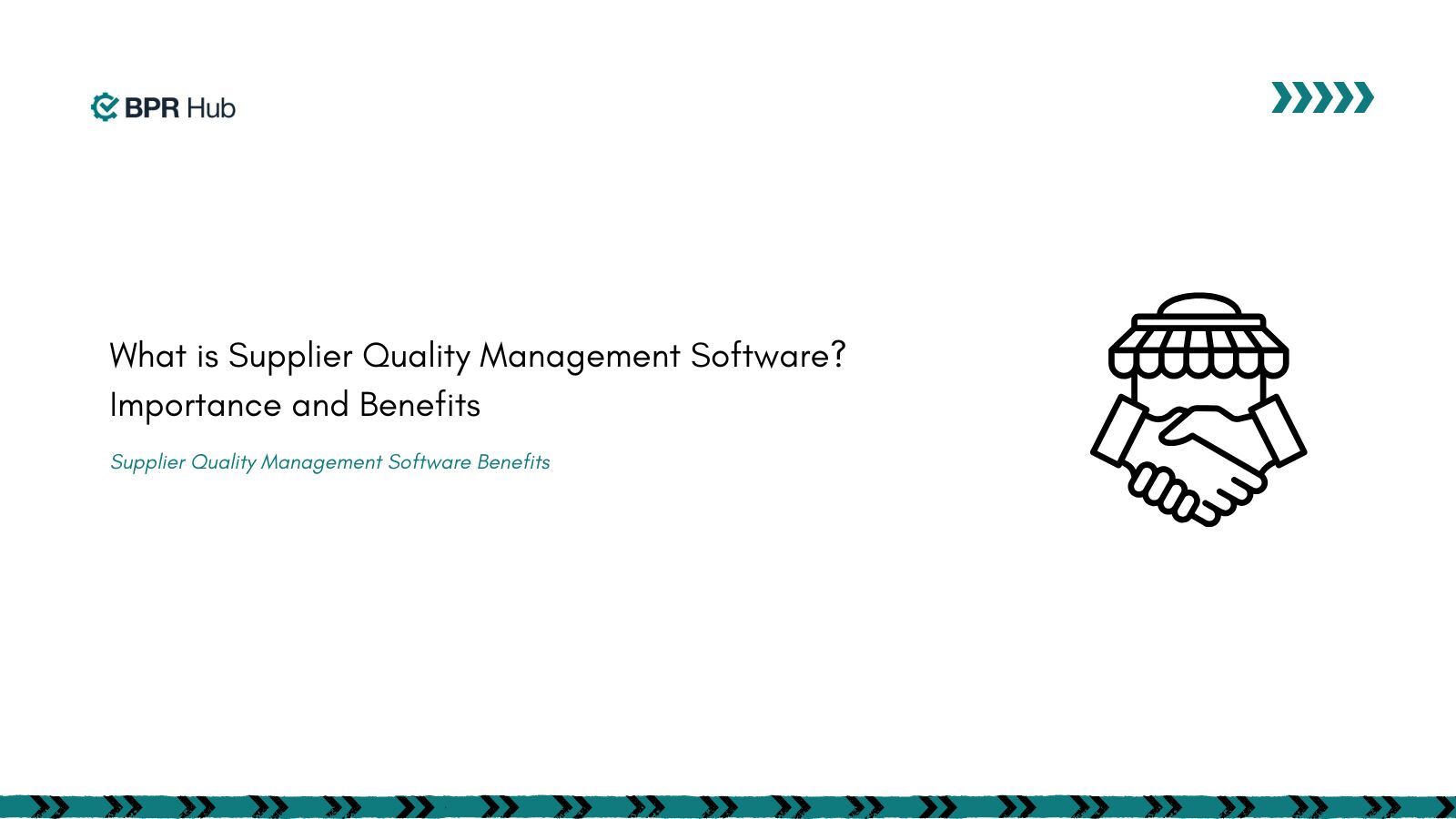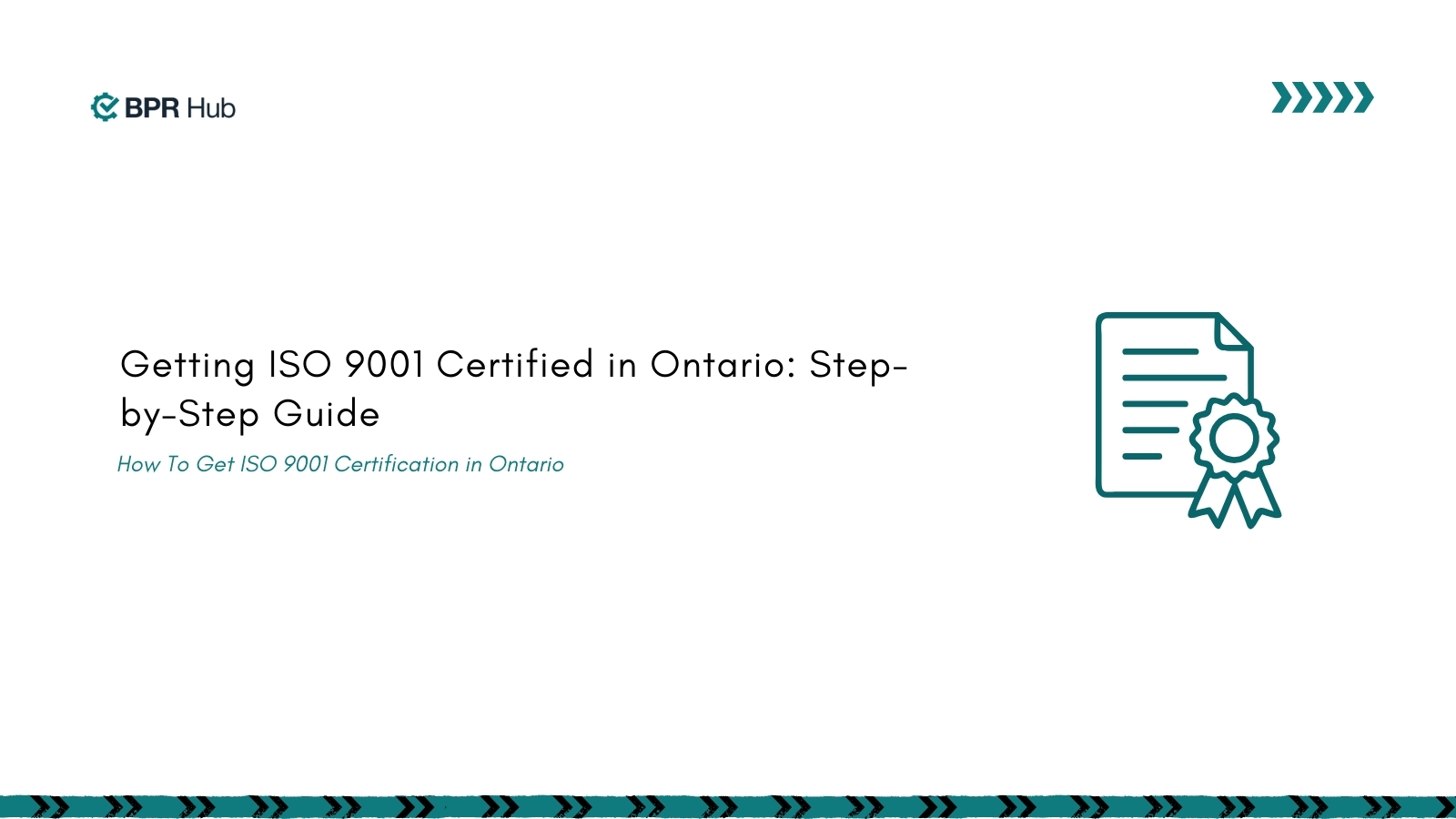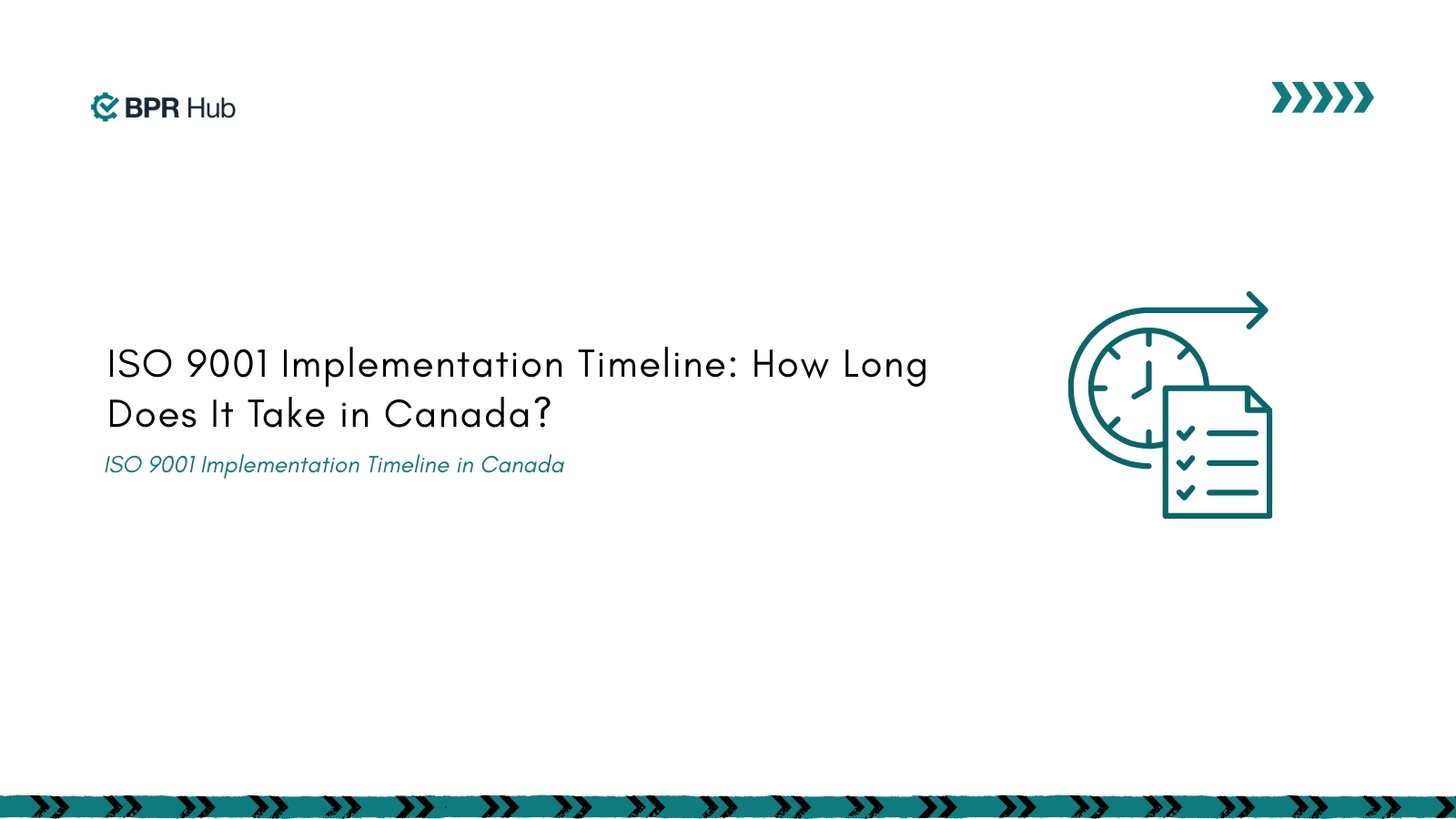In today's complex manufacturing landscape, supply chain disruptions can cost companies millions of dollars and damage their reputation overnight. The supplier quality management software market size was valued at US$930.7 million in 2024 and is estimated to grow at a compound annual growth rate (CAGR) of 11% from 2024 to 2030. With nearly one in six medical device manufacturers receiving FDA 483 citations for supplier control non-compliance, according to industry analysis, the need for robust supplier compliance software has never been more critical.
Supplier Quality Management Software is a comprehensive digital platform designed to ensure that all products and services received from external suppliers meet stringent quality standards, regulatory requirements, and operational specifications. This sophisticated technology streamlines supplier evaluation, qualification, monitoring, and compliance management throughout the entire supply chain lifecycle, helping organizations maintain consistent quality while reducing risks and costs. Companies implementing quality management systems often find supplier quality management to be a cornerstone of operational excellence.
Why Supplier Quality Management Software Matters
The importance of supplier quality management software extends far beyond basic quality control. In an interconnected global economy, manufacturers depend heavily on external suppliers for materials, components, and services. According to supply chain quality experts, supplier-related quality failures can cause significant disruptions, including production stoppages, regulatory penalties, and loss of key customers.
Supplier compliance software addresses critical business challenges by providing real-time visibility into supplier performance, automating compliance tracking, and enabling proactive risk management. Organizations using effective supplier quality management systems experience reduced non-conformance rates, shorter production downtimes, and improved regulatory compliance. The global supplier quality management market is projected to reach USD 38.08 billion by 2035, growing at a 10.5% CAGR, demonstrating the increasing recognition of its business value.
Modern supply chains often involve thousands of suppliers across multiple countries, making manual oversight practically impossible. Supplier risk management software provides the technological infrastructure needed to maintain quality standards while scaling operations globally. Companies implementing comprehensive supplier quality management systems report significant improvements in operational efficiency, cost reduction, and customer satisfaction.
Strengthen your supply chain performance and compliance with BPRHub today.
📍 Book a Demo
📧 hello@bprhub.com
Core Features of Supplier Quality Management Software
Supplier Compliance Management Software Capabilities
Supplier compliance management software serves as the foundation for maintaining regulatory adherence and quality standards across the supply chain. These platforms centralize document control, certification management, and regulatory tracking in a unified system. Key capabilities include automated compliance monitoring, real-time alerts for expiring certifications, and comprehensive audit trails that satisfy regulatory requirements.
The software manages critical compliance documents such as ISO certifications, FDA registrations, and industry-specific qualifications. For medical device manufacturers operating under 21 CFR 820.50 purchasing controls, the system ensures that all suppliers meet specified quality requirements before approval and throughout the business relationship.
Supplier Audit Management Software for Continuous Oversight
Supplier audit management software automates the complex process of planning, executing, and following up on supplier audits. These systems enable organizations to schedule regular audits, track audit findings, and monitor corrective action implementation. The software provides standardized audit checklists, automated scoring systems, and comprehensive reporting capabilities.
Remote audit capabilities have become increasingly important, allowing organizations to conduct virtual assessments when on-site visits are impractical. Post-audit functionality includes automated corrective action request generation, timeline tracking, and effectiveness verification.
Supplier Risk Management Software for Proactive Monitoring
Supplier risk management software transforms reactive supplier management into a proactive, data-driven process. These platforms continuously monitor supplier performance through automated scorecards, risk rankings, and performance analytics. Key performance indicators (KPIs) such as on-time delivery, quality metrics, and compliance status are tracked in real-time.
Advanced analytics identify trends and potential issues before they impact operations. The software can predict supplier performance degradation, supply chain disruptions, and compliance risks, enabling organizations to take preventive action.
Benefits of Implementing Supplier Compliance Software
Implementing supplier compliance software delivers measurable benefits across multiple business dimensions. Enhanced transparency and accountability represent primary advantages, as organizations gain complete visibility into supplier operations and performance metrics. This transparency enables data-driven decision-making and improves supplier relationship management.
Reduced non-conformance risks constitute another significant benefit. According to supply chain quality research, organizations with robust supplier quality management systems experience fewer defective products, lower rework costs, and improved operational efficiency. Early identification and resolution of quality issues reduces the overall cost of quality while enhancing competitiveness.
Automated compliance and approval workflows streamline supplier onboarding and management processes. Manual tasks such as document collection, review, and approval are automated, reducing processing time and eliminating human errors. This automation enables organizations to scale their supplier networks without proportionally increasing administrative overhead.
Cost reduction represents a tangible benefit, with organizations reporting savings from reduced inspection requirements, fewer production delays, and improved supplier performance. The software enables conditional management status with proven suppliers, reducing monitoring requirements while maintaining quality standards.
How Digital Supplier Quality Platforms Improve Collaboration
Digital supplier quality management software platforms transform supplier collaboration by providing shared visibility, streamlined communication, and integrated feedback mechanisms. Real-time communication tools eliminate delays and miscommunications, while automated notifications ensure critical information reaches stakeholders promptly.
Cloud-based portals push corrective-action workflows directly to suppliers, shortening cycle times and reducing non-conformance risk. Suppliers can access training materials, quality requirements, and process documentation through the platform, ensuring a consistent understanding of expectations.
Choosing the Right Supplier Quality Management Solution
Selecting optimal supplier quality management software requires evaluating deployment options, integration capabilities, and scalability requirements. Cloud-based solutions offer advantages, including automatic updates, global accessibility, and reduced IT infrastructure requirements.
Integration with existing Enterprise Resource Planning (ERP) or Quality Management Systems (QMS) is crucial for seamless operations. The best supplier quality management software provides pre-built connectors and APIs that enable data synchronization between systems, eliminating data silos and ensuring consistent information across platforms.
Supplier compliance software solutions should offer configurable workflows, customizable dashboards, and role-based access controls to tailor the software to specific processes while maintaining security and compliance.
.jpg)
Real-World Applications Across Industries
Supplier Management in Manufacturing and Automotive
Manufacturing and automotive industries rely heavily on supplier audit management software to maintain quality standards across global supply chains. These sectors require suppliers to meet stringent standards such as IATF 16949 for automotive quality management.
The software enables manufacturers to conduct regular supplier audits, track performance metrics, and implement continuous improvement programs. Organizations use the platform to ensure suppliers meet safety and performance criteria while maintaining cost competitiveness.
The Future of Supplier Quality Management Software
The future of supplier quality management software will be shaped by artificial intelligence, predictive analytics, and digital twins. AI-powered systems will provide intelligent recommendations for supplier selection, automatically identify quality trends, and predict potential issues before they occur.
Predictive analytics will enable organizations to forecast supplier performance, anticipate supply chain disruptions, and optimize supplier relationships. Sustainability scoring will become integral as organizations focus on environmental and social responsibility, tracking supplier sustainability metrics alongside traditional quality measures.
How BPRHUB Helps with Supplier Quality Management
BPRHub’s AI SQM to automate supplier audits, keep supplier compliance checked, and close the loop faster. Our solution ensures your team spends less time herding emails and more time improving supplier quality management software effectiveness.
Our AI-powered approach transforms traditional supplier management by automating audit processes, streamlining compliance monitoring, and accelerating corrective action cycles. We help organizations implement effective supplier compliance software solutions that integrate seamlessly with existing quality management frameworks.
BPRHub's expertise includes developing risk assessment procedures, implementing automated audit management systems, and establishing documentation control processes that support efficient supplier management across industries.
Transform Supplier Management into a Competitive Advantage with BPRHub.
📍 Book a Demo
📧 hello@bprhub.com
Building a Resilient, Compliant Supply Chain
Supplier Quality Management Software represents a strategic investment in operational excellence, risk mitigation, and competitive advantage. Organizations implementing comprehensive supplier quality management systems position themselves for sustainable growth while protecting against supply chain disruptions.
The combination of automated compliance monitoring, proactive risk management, and enhanced supplier collaboration creates a resilient supply chain capable of adapting to changing market conditions. Success requires more than technology; it demands commitment to continuous improvement, supplier development, and collaborative relationships.
Key Takeaways
→ Supplier Quality Management Software automates compliance tracking, risk assessment, and performance monitoring across global supply chains
→ Market growth at 13.05% CAGR demonstrates increasing recognition of supplier quality management's business value and strategic importance
→ Comprehensive platforms integrate audit management, compliance tracking, and risk monitoring in unified systems for maximum efficiency
→ Real-time collaboration tools and automated workflows reduce cycle times while improving supplier relationships and performance outcomes
→ Future developments in AI, predictive analytics, and sustainability scoring will transform supplier quality management into strategic business intelligence
Frequently Asked Questions
What is the difference between Supplier Quality Management Software and traditional quality control?
Supplier Quality Management Software provides automated, real-time monitoring of supplier performance across multiple dimensions, including quality, compliance, and risk. Traditional quality control typically involves manual inspections and reactive responses to quality issues. The software enables proactive management through predictive analytics, automated alerts, and continuous monitoring of supplier scorecards. Organizations implementing quality management systems find significant advantages in automated approaches.
How does Supplier Compliance Software help with regulatory requirements?
Supplier compliance software automates the tracking of regulatory certifications, monitors compliance status in real-time, and maintains comprehensive audit trails required for regulatory inspections. The software ensures suppliers meet industry-specific requirements such as FDA regulations for medical devices, automotive standards like IATF 16949, and environmental regulations, reducing compliance risk and inspection preparation time. Companies following ISO 9001 standards particularly benefit from automated compliance tracking.
What are the main benefits of implementing Supplier Audit Management Software?
Supplier audit management software streamlines audit planning, execution, and follow-up processes while standardizing evaluation criteria across all suppliers. Key benefits include reduced audit costs through remote capabilities, improved consistency in supplier evaluations, automated corrective action tracking, and enhanced documentation for regulatory compliance. The software also enables trend analysis to identify systemic issues across the supplier base.
How much does Supplier Quality Management Software typically cost?
The cost of supplier quality management software varies significantly based on deployment model, user count, and feature requirements. Cloud-based solutions typically range from moderate monthly fees per user to substantial annual enterprise implementations. Organizations should consider the total cost of ownership, including implementation, training, and integration costs, when evaluating solutions. Risk assessment during selection helps optimize investment decisions.
Can Supplier Risk Management Software integrate with existing ERP systems?
Modern supplier risk management software platforms provide robust integration capabilities through APIs, pre-built connectors, and data synchronization tools. Most enterprise-grade solutions integrate seamlessly with major ERP systems, including SAP, Oracle, and Microsoft Dynamics. This integration enables real-time data sharing, eliminates duplicate data entry, and provides comprehensive visibility across procurement and quality management processes.
What industries benefit most from Supplier Quality Management Software?Industries with complex supply chains and stringent quality requirements benefit most from supplier quality management software. These include pharmaceutical and medical device manufacturing, automotive, aerospace and defense, electronics, and food processing. However, any organization relying on external suppliers for critical materials or services can achieve significant benefits through improved supplier oversight and risk management. Companies working with ISO certifications across various industries find particular value in standardized supplier management approaches.
Get insights that help you minimize risks and maximize profits.
Dive deeper into manufacturing compliance with our free resources.
We get it, compliance can get tough.
Here are some additional resources to help.
We get it, compliance can get tough. Here are some additional resources to help.
Get updates in your inbox

.svg)
%20(1).svg)





%20(1).svg)

.avif)

